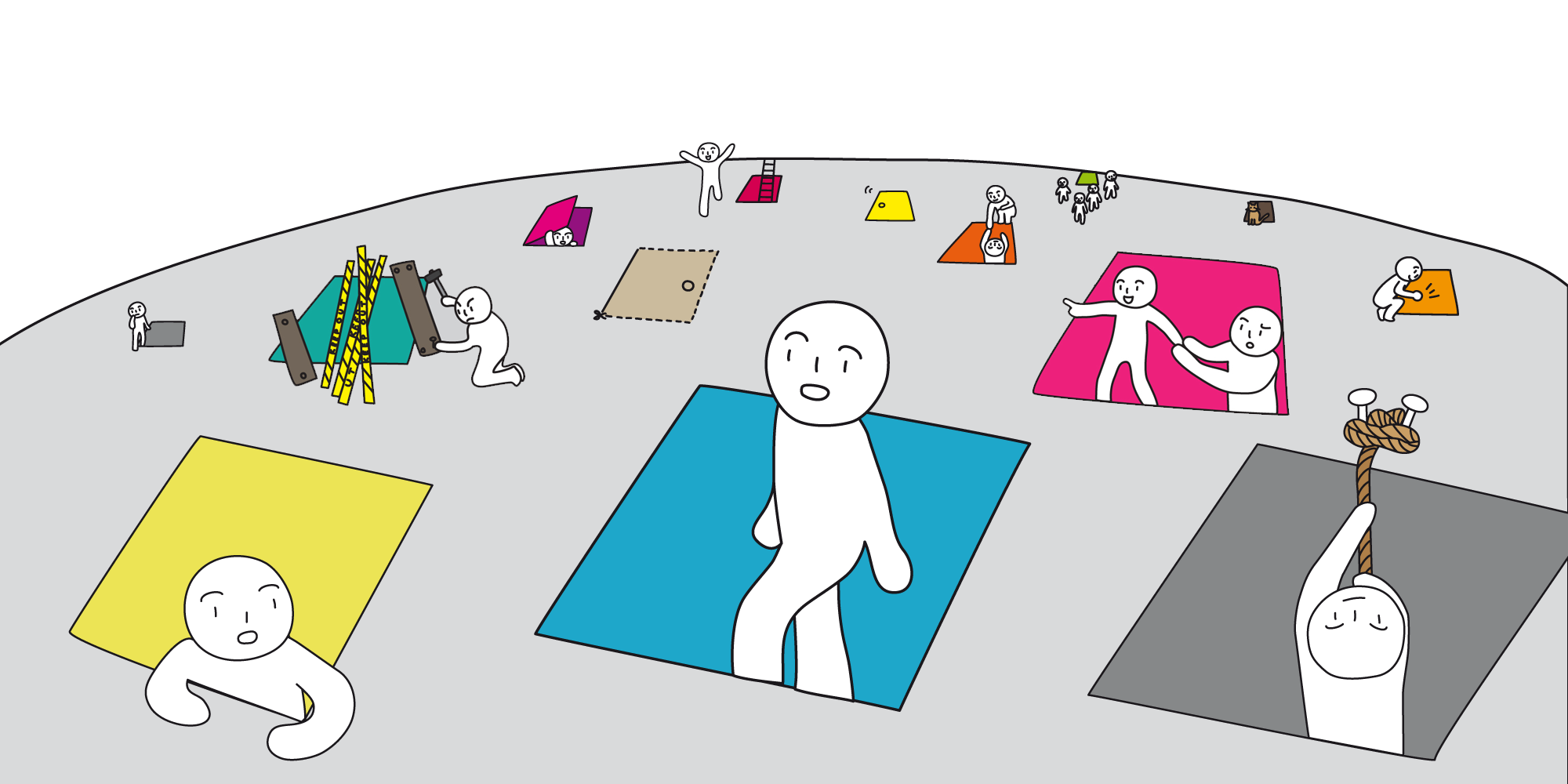STARTS Prize
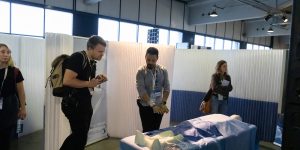
SimCath
Fernando Bello (MX), ICCESS & Salomé Bazin (FR), Cellule studio
How do surgeons prepare for an operation, when they know that the smallest mistake could be the line between life and death? That was the question Cellule faced when developing SimCath, a cardiology suite for simulation training. By training in a simulation environment, future surgeons have an opportunity to rehearse for complex surgery, performing common interactions between patients and clinicians in a low risk environment. Developing SimCath was reminiscent of building a theatre set, a stage which mimics the real surgical environment in such a way that the surgeons acting through their roles are immersed in the performance of surgery and the relationship between patients and clinicians.
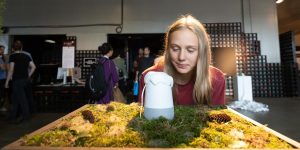
Project Alias
Bjørn Karmann (DK), Tore Knudsen (DK)
Our relationship with technology is formed by how we interact with it. However, commercial smart products for the home tend to treat the user as passive consumers. Especially smart home assistance has shown design patterns that limit the possibilities of interaction and agency from the user perspective, even in the most private and personal sphere—the home. Our interaction patterns are highly determined by the designers of these products, and with Alias, we are interested in how this power relation can be redefined, especially when it comes to privacy. The exciting future that “smart” technologies can give us often comes with conditions that diminish our privacy and the feeling of being in control. With Alias we want to challenge this condition and ask what kind of “smart” we actually want in the future.
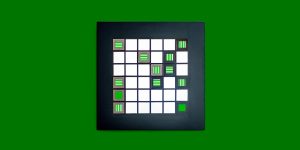
Alterplex
Hakan Lidbo (SE)
Alterplex is a strategic board game where the board is invisible, except seen through the pieces. The moving properties of the pieces are decided by the animations of the board, constantly changing, following a hidden pattern. The game is synchronized with a musical structure that guides the players with timing and strategy. As the players have to predict many possible futures, the game becomes a training tool for non-linear thinking.
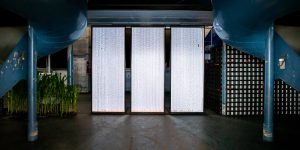
30°
Mathias Foot (DE), Franziska Rast (DE), Stephan Schakulat (DE)
Covering 71% of the Earth’s surface, water is an important part of the global ecosystem. Every development and change in the sea also affect life on earth. Datasets help us to understand conditions and ecological processes such as changes in salinity or temperature. 30° is a data visualization of marine data in the form of an installation.
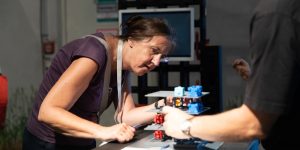
3D Chess
Hakan Lidbo (SE)
We humans think, dream and imagine in 2D, but with this game we can practice using our zero gravity minds. 3D Chess is seemingly simple but not easy to master.
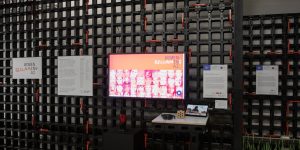
Women reclaiming AI
Birgitte Aga (NO), Coral Manton (UK)
SAT 7.9. | 13:00 – 14:30 Women Reclaiming AI invites you to take part in a workshop designing an alternative AI Voice Assistant created by a growing community of self-identifying women (trans, intersex and cis) and all nonbinary, agender and gender variant people.
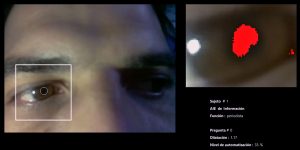
How can we make more liveable cities?
300.000 Km/s (ES)
SAT 7.9. | 10:00 – 11:00 Arising from the experience of S+T+ARTS Prize winning project- Ciutat Vella's land-use plan, this workshop is open to a wide range of urban agents with different scientific, artistic, political and technical backgrounds to reflect on several cutting-edge questions in European cities.

PULSATION
Aruma – Sandra de Berduccy (BO), Maria Selma Batista Ferreira (BR), Camacã Imboré/Tupinambá Indigenous community, Bahia (BR)
The three textile works that comprise *Pulsation* combine traditional knowledge, processes and materials such as reeds, thread and feathers, with unusual materials such as fiber-optic cable and LEDs to offer a poetic approach to Indigenous culture.

THE VOICE OF THE SEA
Óscar Octavio “Ukumari” (BO), Pataxó de Barra Velha Indigenous community, Porto Seguro, Bahia (BR)
An interactive sonic landscape. By means of a contact-sensitive fishing net, visitors are transported to the seashore where they can compose music with the nature and stories of the Pataxó Indigenous community.

The Earth that Is Us
Bruno Gomes (BR), Karapotó Plak-ô Indigenous community, Alagoas (BR)
An extension of the concept of body painting with the use of technology that opens the door to new experiences and new conversations. Participants drew the elements present in their natural environment which were then animated and projected onto their bodies.
